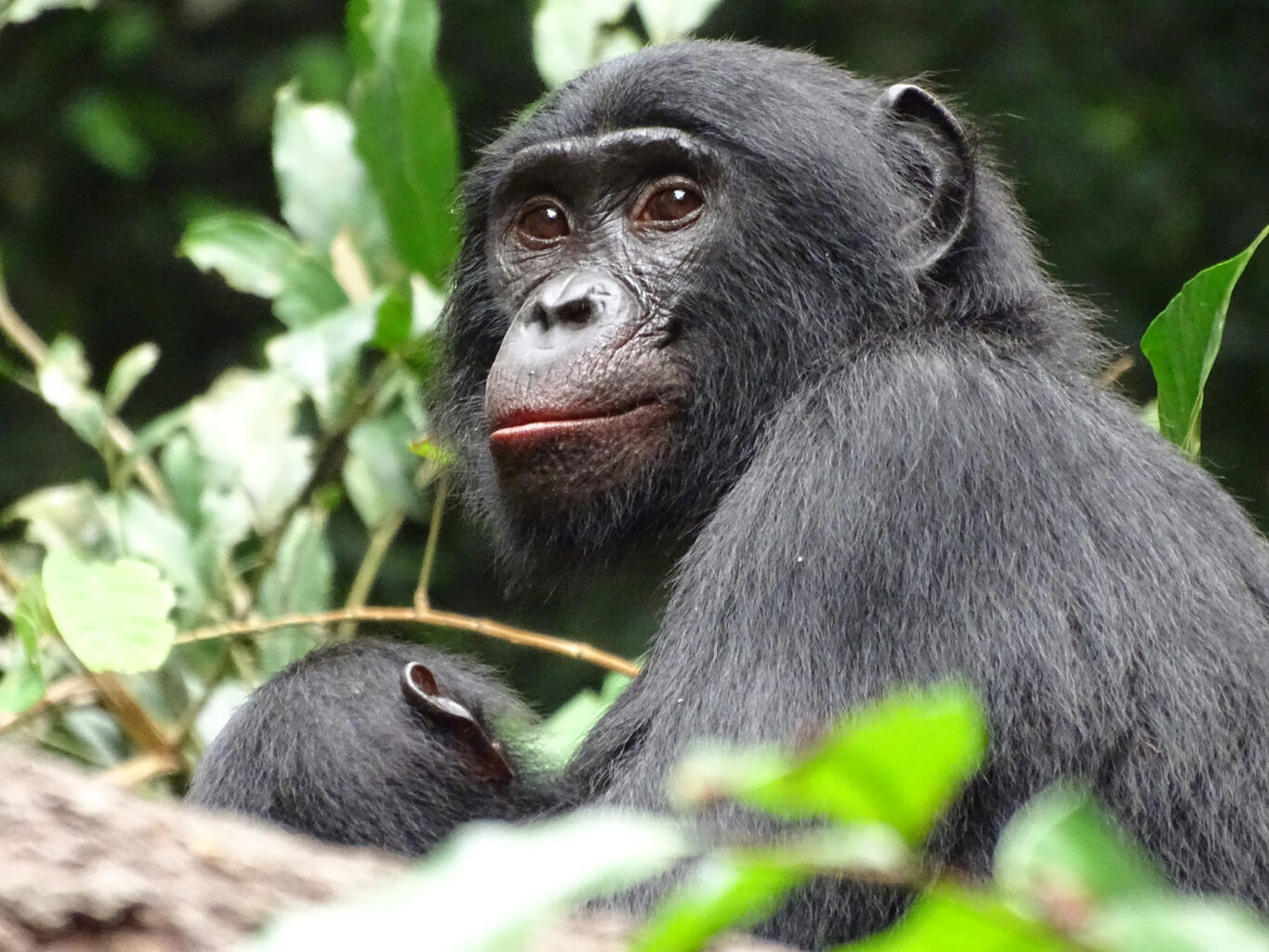
By John Mitani
Co-Chair of The Leakey Foundation Scientific Executive Committee
Professor Emeritus at the University of Michigan
Louis Leakey was an early proponent of primate field studies, as he recognized that information about the behavior of our closest living relatives could furnish insights into human evolution. The Leakey Foundation remains committed to funding research on primate behavior and offers grants to students, postdoctoral scholars, and senior researchers.
In 2017, generous donations by Anne and Jeff Maggioncalda and Ann and Gordon Getty allowed the Foundation to create the Primate Research Fund, whose purpose is to provide bridge funds to maintain long-term primate behavior research projects that have operated for 10 or more years. These projects are especially important because primates live a long time, and observations of individual animals must be made over many years to understand their behavior. Long-term research is also necessary to protect vulnerable primates that stand at the brink of extinction.
In 2019 and 2020, The Leakey Foundation provided funding to five projects that span the Primate Order, including studies of spider monkeys in Mexico and Costa Rica, red colobus monkeys in Uganda, crested macaques in Indonesia, bonobos in the Democratic Republic of Congo, and chimpanzees in Tanzania. By ensuring that continuous observations of these primates will be maintained by the dedicated directors and field researchers associated with these projects, funds provided by the Primate Research Fund promise that significant findings regarding these long-lived animals will continue to emerge.
The following are testimonials from the directors of projects funded by the Primate Research Fund in 2019 and 2020.
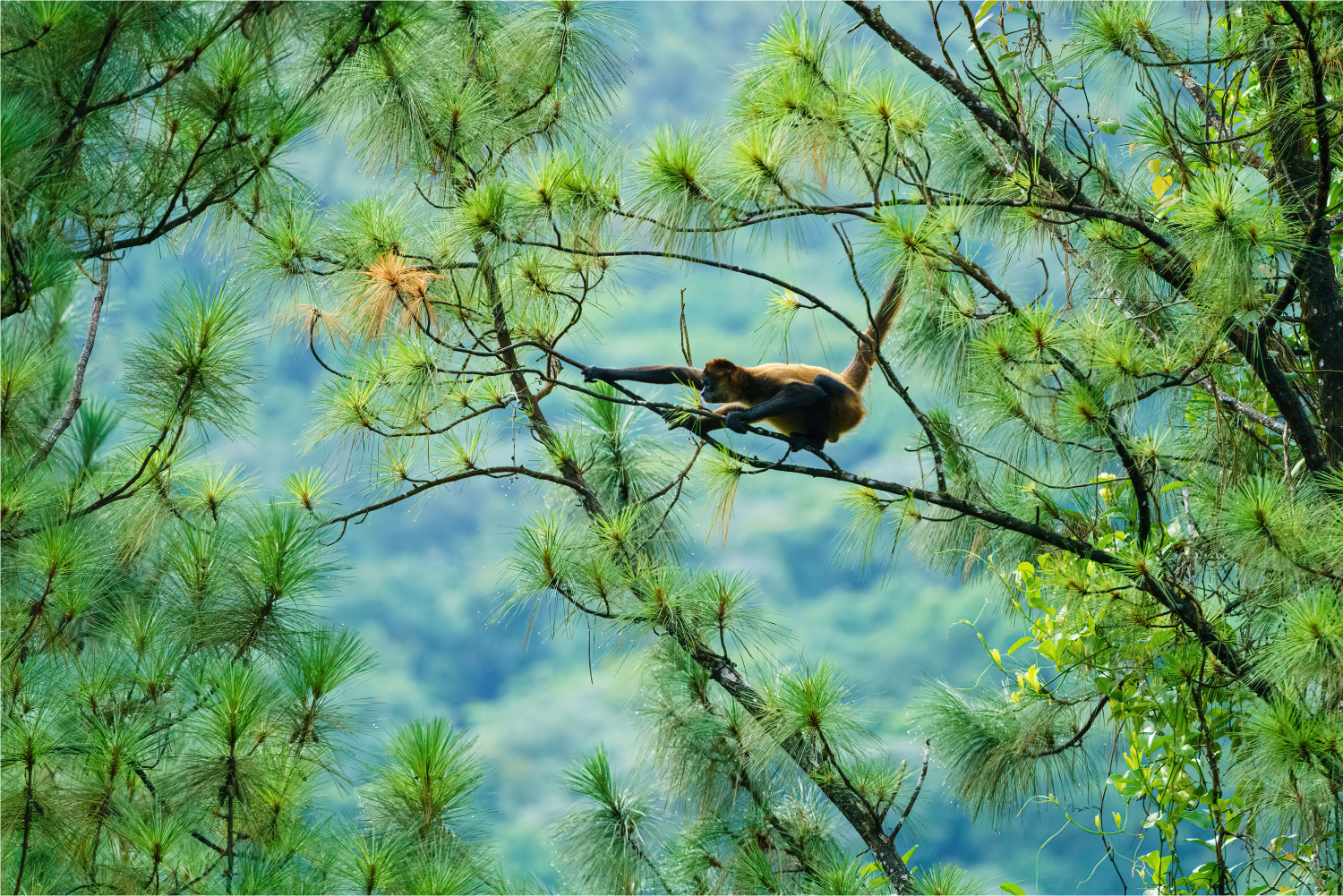
Adobe Stock
“The Primate Research Fund has been a life saver for our long-term project during a funding gap. We were able to continue field work in Mexico and Costa Rica where the longest continuous studies on individually identified spider monkeys have been carried out. Most of our important findings have been obtained because of the continuous long-term nature of our data. The governmental agencies running the protected areas in Mexico and Costa Rica recognize the importance of our long-term project and granted us permission to continue to carry out field work despite the COVID-19 pandemic. The backbone of our project are highly knowledgeable local field assistants who have worked for the project since its inception. Most of the funds we received went to pay their salaries. Hence, The Leakey Foundation was also instrumental in helping local families during the COVID-19 emergency.”
Filippo Aureli, University of Vera Cruz
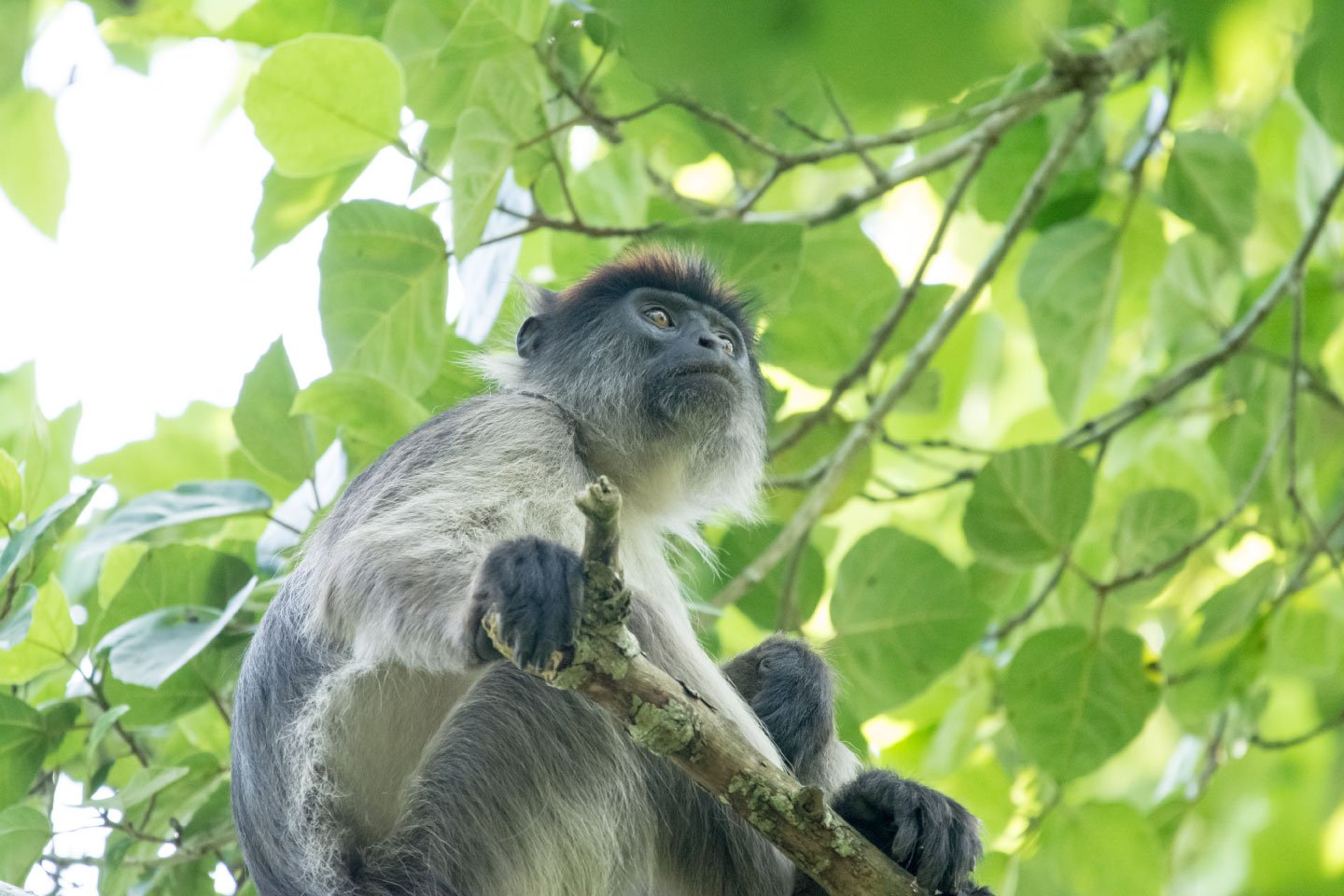
Photo by Jose Antonio/ Adobe Stock.
“Support from the Primate Research Fund allowed us to maintain our 30+ years of data collection on the primates of Kibale National Park, Uganda. The pandemic made this year a difficult one, but we have been able to conduct another census and demonstrate that in general, primate numbers are increasing throughout the park. This is a very good sign, and in combination with the fact that most of the ungulate populations and elephants are also increasing, indicates that despite the ever present threat of poaching, the park is doing very well under the management of the Uganda Wildlife Authority and with the help of many people.”
Colin Chapman, Director Kibale Monkey Project, George Washington University
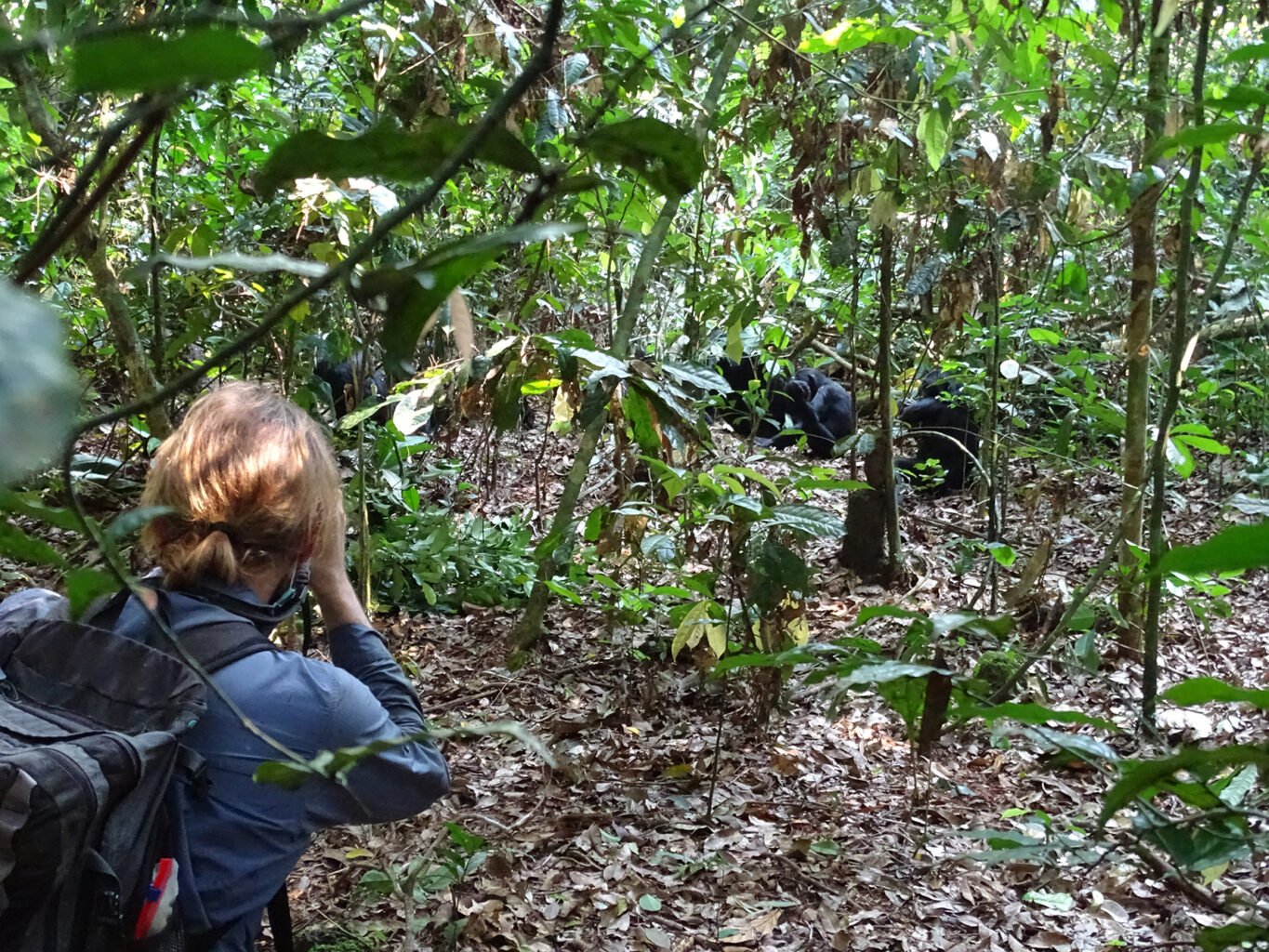
“Emergency bridge funding from The Leakey Foundation allowed continuation of the LuiKotale Bonobo Project. We managed to keep our permanent presence and continue long-term observations of two habituated bonobo communities that have been monitored since 2004 and 2011, respectively. Of particular interest during funding period were the births of six and the death of two infants, as well as of one adult. These were important observations contributing to our understanding of the life history of bonobos. Moreover, the two habituated communities experienced dramatic shifts in their relationship, including patterns of range use. Thanks to funds provided by the Primate Research Fund, this information was not lost and added to our knowledge of wild bonobos.”
Barbara Fruth, Director, LuiKotale Bonobo Project, Liverpool John Moores University
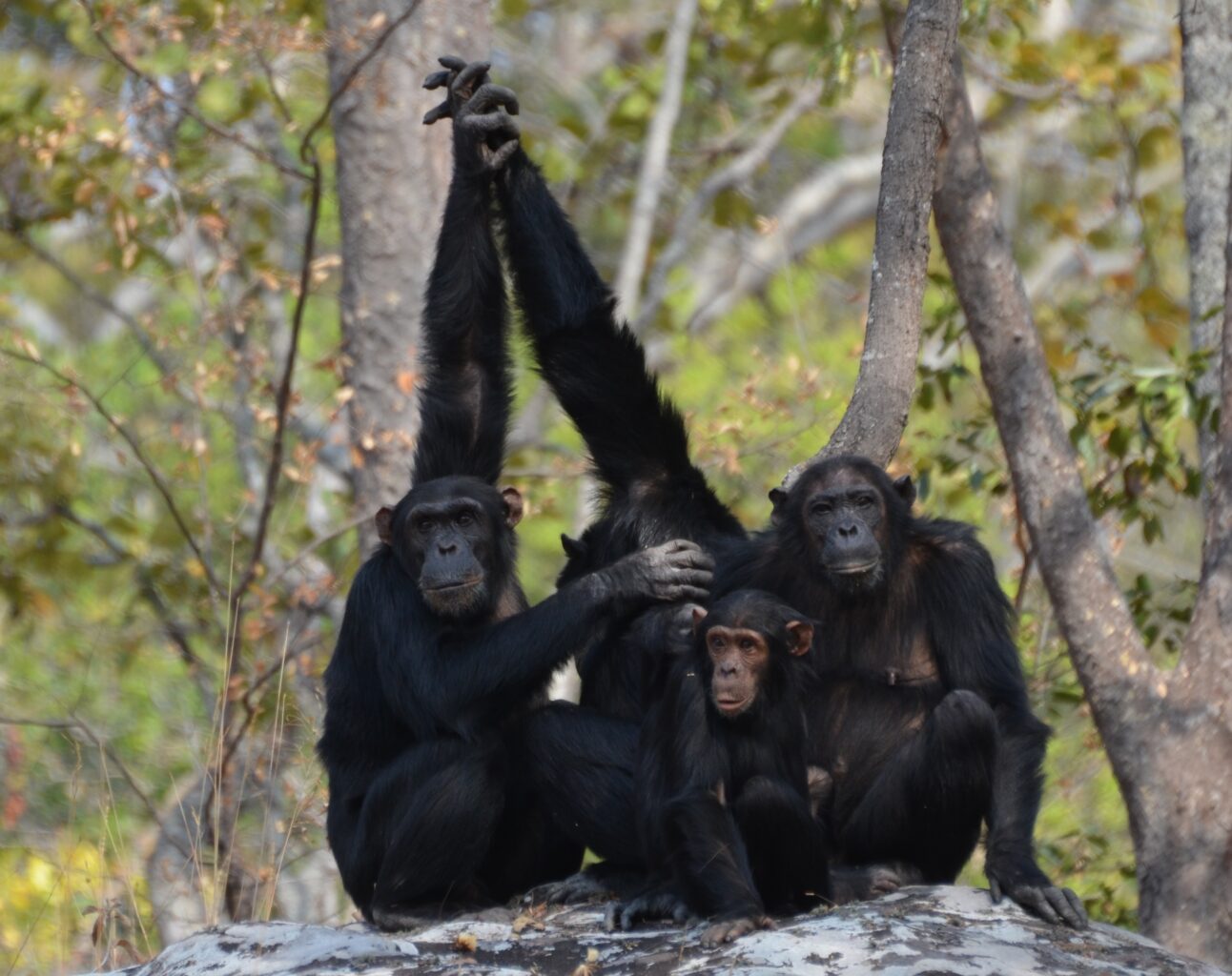
“The Issa chimpanzees are only recently habituated and so it feels like each day we are learning something new about their behavior, social relationships, and how they interact and respond to their dry, open, and remarkably seasonal environment. At the same time, we know from our experience that there are serious threats to the ecosystem and the chimpanzees, namely via poaching. That is why we sought support from The Leakey Foundation when our project was at risk of closure last year, and it was unclear how we could maintain a permanent presence, both for continuity of long-term data and to protect vulnerable habituated primates. We couldn’t be more grateful for the support we received from the Primate Research Fund and The Leakey Foundation.”
Alex Piel, Director, Greater Mahale Ecosystem Research and Conservation Project, University College, London
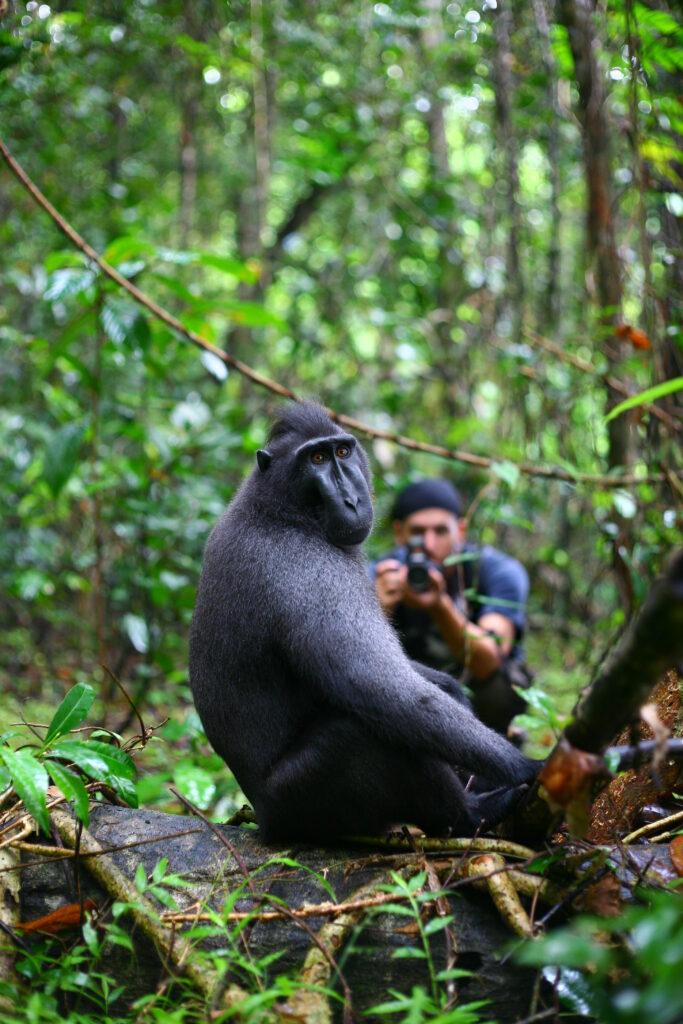
on “Male migration and alpha male takeovers in crested macaques” at the
Tangkoko Nature Reserve/Sulawesi, Indonesia (photo credit: Ugiek,
MNP/PKT).
“The Macaca Nigra Project is a long-term project established in 2006, studying one of the most tolerant but critically endangered primate species, the crested macaques (Macaca nigra). With the help of the Primate Research Fund, we have followed up to four groups daily with only few interruptions and able to bridge two full study years. Our work relies on training local people to collect data and manage our field site at the Tangkoko Nature Reserve in North Sulawesi. Most of our findings rely on continuous long-term data, and our main goal is to collect complete life history data on as many individuals as possible. We collaborate closely with local authorities and NGOs who support us continuing fieldwork even during the COVID-19 pandemic. With the financial help of The Leakey Foundation, we were able to support local staff, villages, and partners during these challenging times. We are extremely grateful for this.”
Anja Widdig, Co-Director, Macaca nigra Project, University of Leipzig



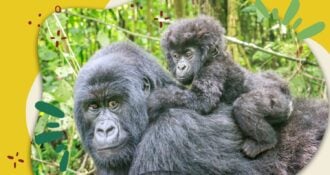

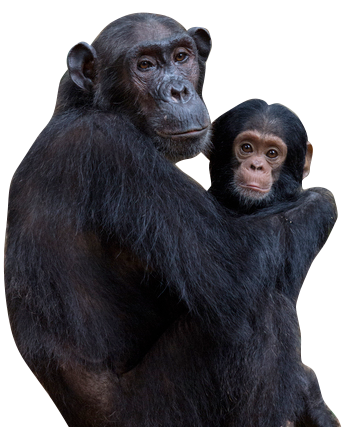
Comments 0